Part 1 of a series
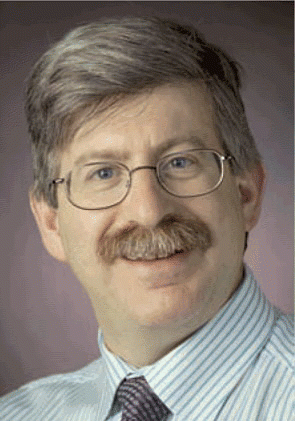
Salivary Gland Malignancies: Diagnosis and Treatment of a Rare and Challenging Cancer
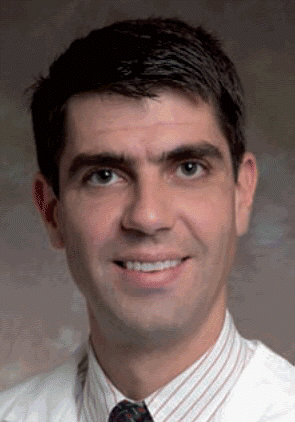
Otolaryngologists View Resident Work-Hour Restrictions: ACS calls for in-depth investigation before mandating further restrictions
In response to many national calls to enhance patient safety, the Accreditation Council for Graduate Medical Education (ACGME) mandated a maximum 80-hour workweek for all residents beginning in 2003.

Otolaryngologists-Head and Neck Surgeons Urged: Be Part of the Solution in Health Care Reform
With the crisis in the financial markets reaching what many call historic proportions, another crisis long brewing is threatening to surface that, if some experts are correct, could have even greater consequences than the financial crisis for the US health care system.
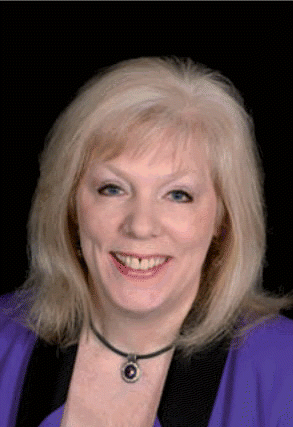
New Medicare Audiology Billing Takes Effect
As of October 1, all audiologists who provide services to Medicare patients must use their own National Provider Identifier (NPI) on claims submitted to the Centers for Medicare and Medicaid Services (CMS).
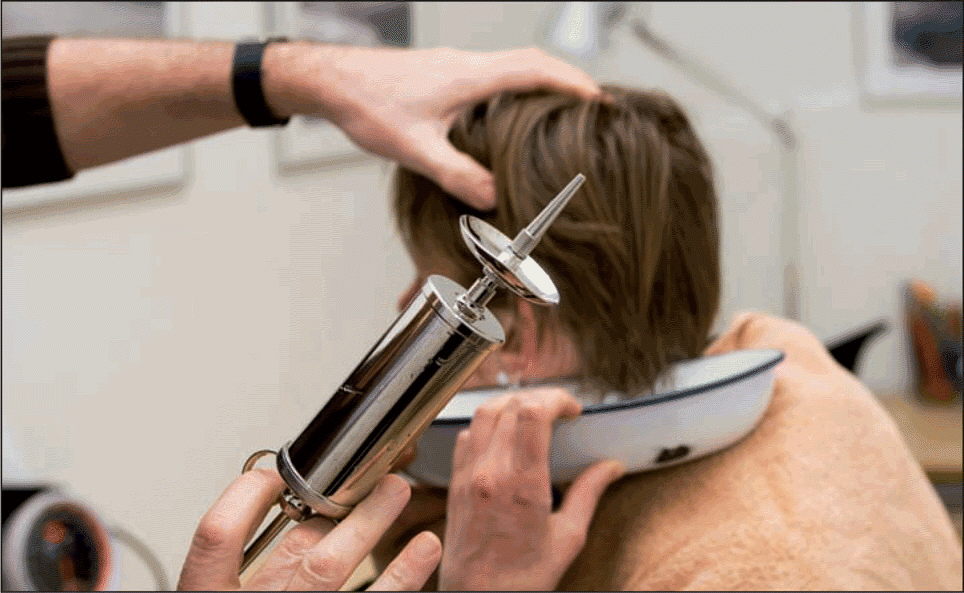
New Cerumen Guidelines Development Process Reflects AAO-HNS’s Methodical Approach
In September, the American Association of Otolaryngologists-Head and Neck Surgeons (AAO-HNS) published the first clinical practice guidelines on the removal of impacted cerumen (Otolaryngol Head Neck Surg 2008;139:S1-S21).
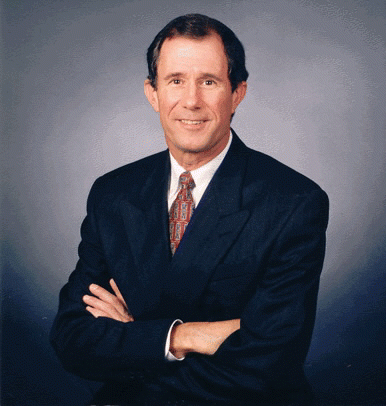
The Political Process: Get Involved-or Not
Politics is not a four-letter word.

Antibiotics for Sinusitis: To Use or Not to Use?
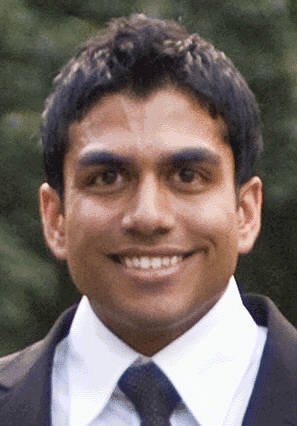
Laser, Radiotherapy Appear Similar in Oncologic Outcomes for Glottic Cancer
A meta-analysis of the literature suggests that oncologic and voice quality results are similar if patients with early-stage glottic cancer are treated with either transoral laser surgery or external beam radiotherapy.
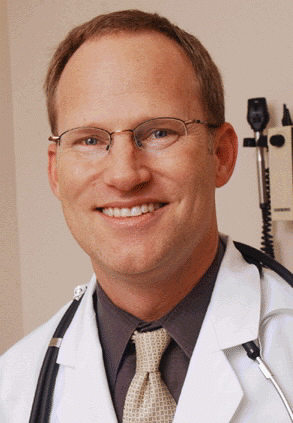
Evidence-Based Medicine: Adjusting to a Culture Shift in Health Care
It has been suggested that since its introduction in 1992, the term evidence-based medicine (EBM) has reached almost iconic status within the medical lexicon.
- « Previous Page
- 1
- …
- 66
- 67
- 68
- 69
- 70
- …
- 88
- Next Page »